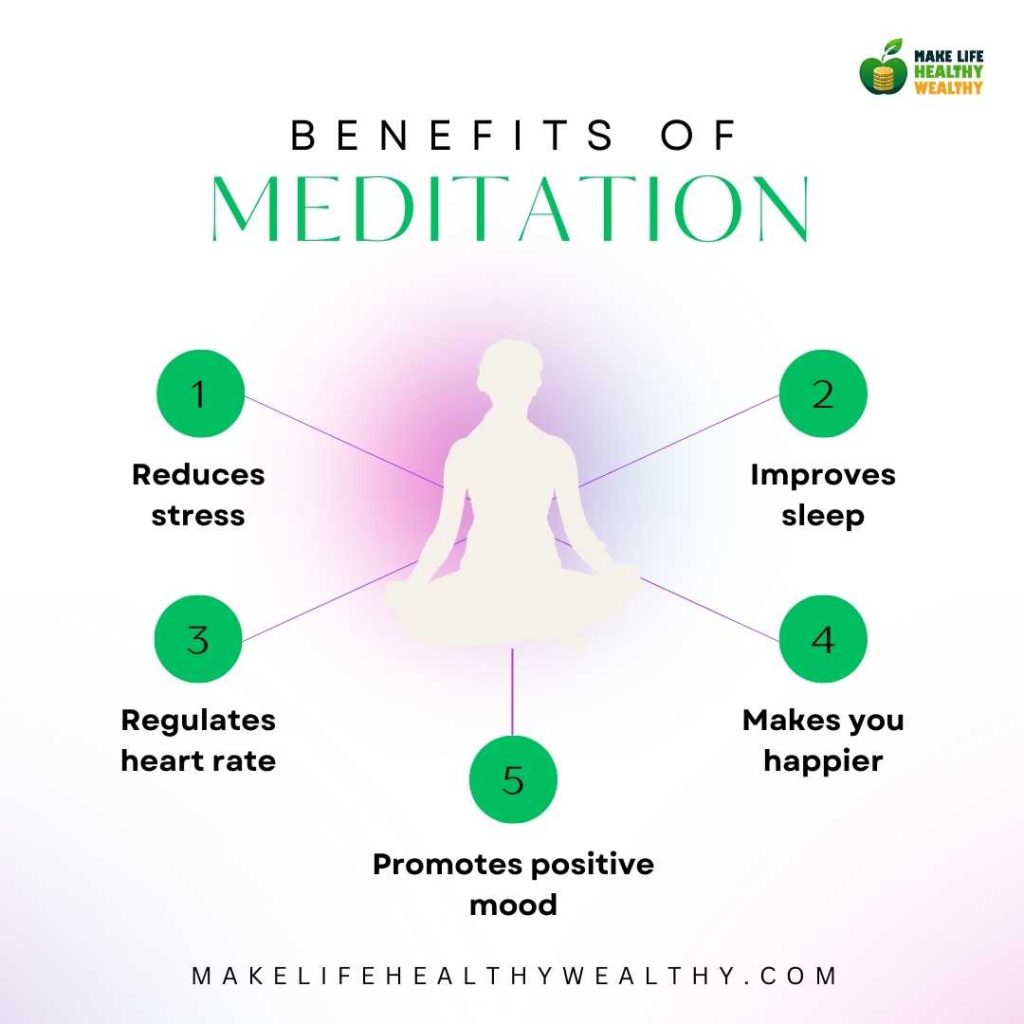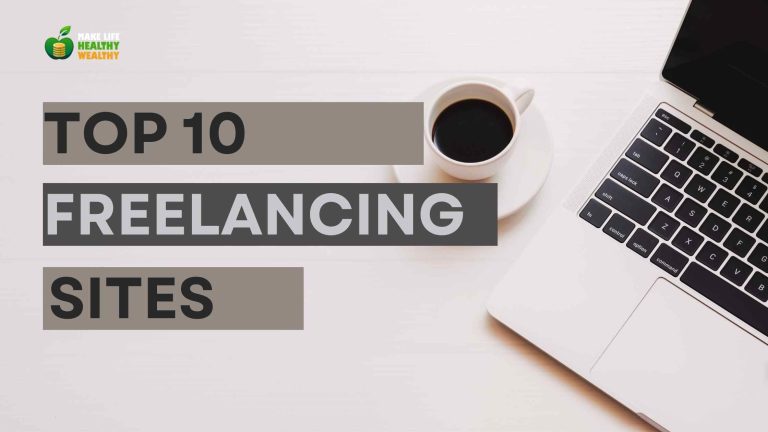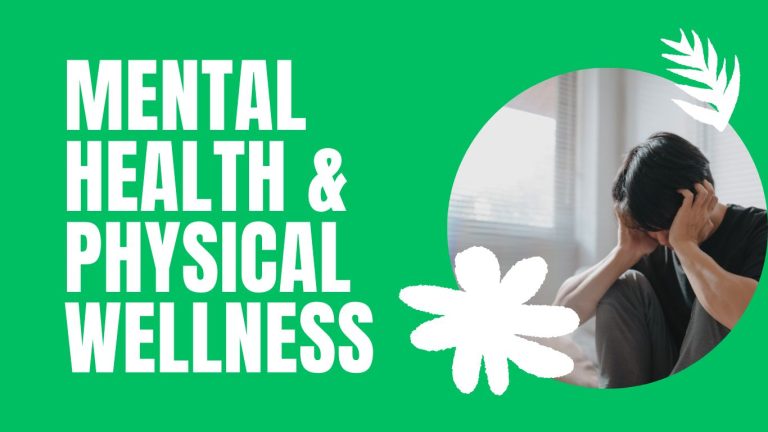In today’s fast-paced world, the practice of meditation is more than just a trend; it’s a powerful tool that can transform your life in countless ways. Whether you’re looking to reduce stress, improve focus, or simply find more balance, meditation offers a range of scientifically supported benefits that go beyond relaxation. Let’s explore some of the key reasons why meditation is worth the time and effort, and how it can impact your overall well-being.
1. Reduces Stress and Anxiety
One of the most common reasons people turn to meditation is to reduce stress and anxiety. Studies have shown that meditation can decrease levels of cortisol, the body’s primary stress hormone. Meditation helps by promoting relaxation and breaking the cycle of rumination—those repetitive thoughts that often trigger anxiety. Practicing mindfulness through meditation teaches us to observe our thoughts without judgment, which can lead to less worry and more mental clarity.
Did you know? A 2013 study from Johns Hopkins University found that mindfulness meditation programs had moderate evidence for improving anxiety and depression, with effects comparable to antidepressant medications.
2. Enhances Focus and Concentration
The Power of Meditation is like a workout for the brain. It strengthens our ability to focus on tasks, making it easier to tune out distractions and improve productivity. Regular practice of focused-attention meditation has been linked to increased attention span and better concentration. This is especially helpful in our digital age, where it’s easy to lose focus due to constant notifications and distractions.
Even short daily sessions of mindfulness meditation can improve cognitive function, which is why many high-performing professionals, athletes, and creatives include it in their routines.
3. Promotes Emotional Health and Self-Awareness
The Power of Meditation isn’t just about managing stress; it can also help foster positive emotions. Practices like loving-kindness meditation, which involves focusing on sending positive thoughts to others and oneself, have been shown to increase feelings of empathy, compassion, and gratitude. Over time, this can lead to a more positive outlook on life and increase self-compassion.
Meditation also promotes self-awareness, helping us to better understand ourselves and our reactions. This can be transformative for anyone looking to build emotional intelligence and create healthier relationships.
For example, a study published in the journal “Brain, Behavior, and Immunity” found that mindfulness meditation significantly improved mood and emotional regulation in participants, as well as resilience to stress.
4. Improves Sleep Quality
If you struggle with falling asleep or staying asleep, meditation may help. Studies suggest that practicing mindfulness meditation can improve sleep quality and reduce insomnia by relaxing the body, releasing tension, and placing us in a more restful state. Meditation encourages the body to enter a deep state of relaxation that is conducive to a good night’s rest, often without the need for sleep aids.
Simple meditation techniques like body scans or deep breathing exercises before bed can calm the mind, making it easier to fall asleep and stay asleep.
5. Supports Physical Health
Meditation isn’t just beneficial for mental health; it has tangible effects on physical health, too. Mindfulness practices have been associated with lower blood pressure, improved immune function, and reduced inflammation. By reducing stress hormones, meditation can decrease the risk of stress-related ailments, such as high blood pressure and cardiovascular disease.
In fact, some research has shown that meditation may alter gene expression related to inflammation and immune function. This means that meditation might help our bodies better cope with stress and potentially protect us against chronic illnesses.
6. Boosts Creativity and Problem-Solving Skills
Creativity requires a state of openness and calm, which the Power of Meditation can nurture. Mind-wandering and open-awareness forms of meditation encourage divergent thinking, which is the process of generating new ideas. When we meditate, we’re better able to think outside the box, approach problems from new angles, and develop innovative solutions.
This boost in creativity and problem-solving skills makes meditation especially valuable for artists, writers, entrepreneurs, and anyone involved in creative pursuits.
7. Fosters a Greater Sense of Purpose and Connection
In our busy lives, it’s easy to feel disconnected from others and even from ourselves. Meditation fosters a greater sense of presence and awareness, allowing us to reconnect with what truly matters. Through mindfulness practices, we can become more attuned to our values, our intentions, and our life goals.
Meditation also encourages a sense of interconnectedness. By enhancing empathy and compassion, it reminds us of our common humanity and can improve our relationships with others, strengthening both personal and professional connections.

Getting Started: Tips for Building a Meditation Practice
If you’re new to meditation, getting started can feel intimidating. Here are a few tips to help you begin:
- Start Small: You don’t need to meditate for hours. Begin with just 5-10 minutes a day and gradually increase as you feel more comfortable.
- Choose a Technique that Works for You: There are many forms of meditation, from mindfulness and loving-kindness to body scan and mantra meditation. Experiment to find the one that resonates with you.
- Make it a Habit: Consistency is key. Try to meditate at the same time each day—whether it’s morning, lunchtime, or before bed.
- Be Patient with Yourself: Meditation is a skill, and like any skill, it takes time to develop. Don’t be discouraged if your mind wanders; gently bring your focus back each time.
- Use Guided Meditation Apps: There are many great apps, like Headspace, Insight Timer, and Calm, that offer guided sessions to help beginners find their footing.
Meditation is an easy yet deep method that can result in a more even, healthier, and happier existence. It can help with lowering stress, enhancing focus, and offering numerous health benefits, both physical and emotional. The benefits of meditation are extensive and have been thoroughly researched. What’s great about meditation is that it’s available to all, no matter their age, background, or way of life.
If you’re seeking to enhance your mental, emotional, and physical health, why not experiment with meditation? It might turn out to be the most beneficial few minutes of your day.
Read More
Top 10 Freelancing Sites for Beginners to Start Earning Quickly





